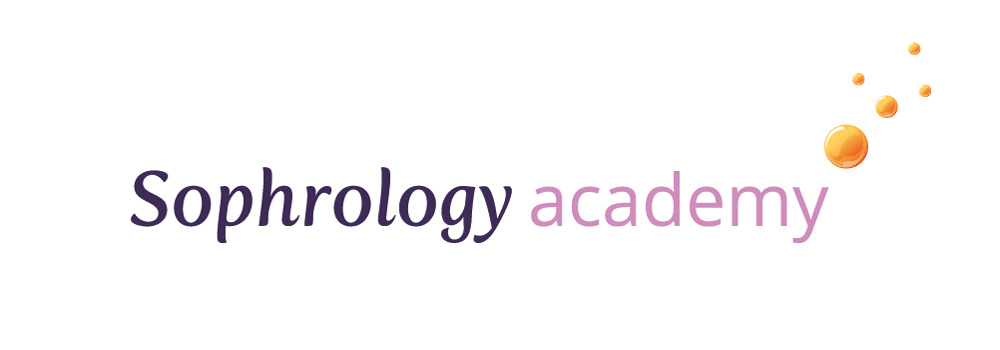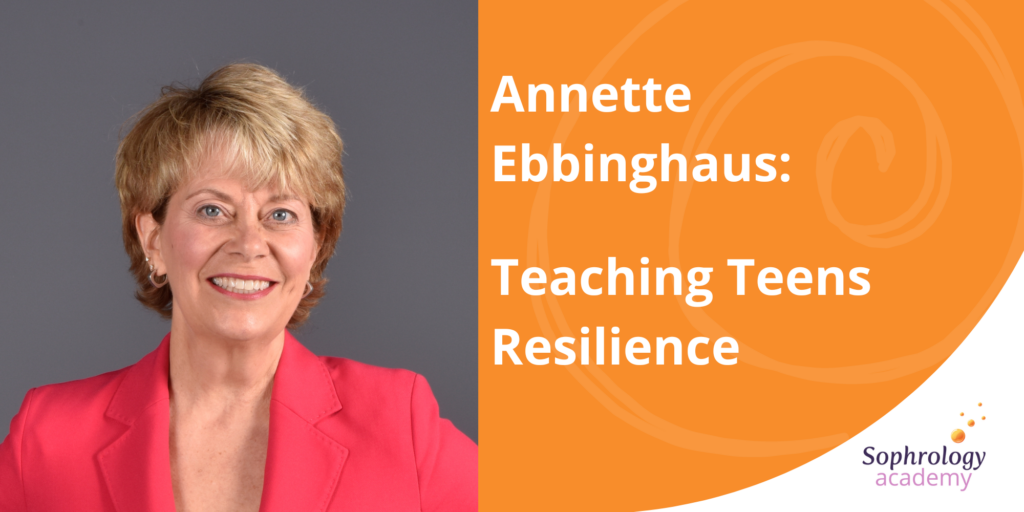In the past Reading, wRiting and aRithmetic were the 3Rs considered essential for success in life. In 2024 these 3Rs could be replaced with Reality, Rest, and Resilience. As the pace of everyday life increases and technology continues to shape how we learn, communicate, and entertain ourselves, it’s become increasingly vital to equip young people with the tools they need to thrive in this dynamic world.
Understanding Teen Resilience: The Teenage Brain
Adolescence is a time of profound growth and development, both physically and mentally. However, the teenage brain is uniquely vulnerable to its surroundings for several reasons. First, grey matter is bountiful and in fact overgrown. Grey matter makes up the principal brain cells – neurons that are essential for muscle control, sensory perception, decision making and self-control. During adolescence the grey matter is streamlined, making way for more efficient brain activity in adulthood. While grey matter is overly abundant, the white matter – axons that send the signals that connect the different parts of the brain, are still increasing. Thus, the speed that signals move around the brain and body are not at their peak. The Second big influence on the teen brain lies within the limbic system. This is where emotion and experiences are integrated. This system has a higher volume of excitatory synapses and susceptibility to hormones and adrenaline. Ultimately this impacts a teens ability of self-control, emotions, and risk-taking behaviour. Finally, lower amounts of GABA and serotonin receptors make it more challenging for teens to relax.
Reality Check: Navigating the Digital Landscape
The omnipresence of technology presents both opportunities and challenges for teens. Short, catchy bites of entertainment, visual stimulation, easy to access games and carrying a video camera in your pocket are all just too much for the teenage brain to resist! The fast world of social media is captivating to a brain that is wired for action, and the vulnerable and excitable teen brain is in overload.
Social media can of course be used in healthy ways as outlined in this Mayo Clinic Tween and Teen Health article, offering avenues for connection and self-expression. However, the same articles cites studies showing that poor mental health and wellbeing for teens (13 – 16) can be predicted from using social media more than three times per day. Additionally, the amount of time teens spend on social media has been linked to higher risk of mental health concerns.
Smart algorithms can be helpful but they narrow our choices and, if we are not careful, our ways of thinking. In the case of the not fully mature brain, teens need to be very tech savvy to avoid the trappings of these algorithms. This is where “reality” becomes a key component of success, or rather experiencing joy with the life they are actually living.
Digital platforms expose teens to curated versions of reality. It is too easy for teens to spend 2 to 3 hours a day observing and interacting with other people’s apparent reality. Watching other people’s perfect, successful lives can make teens’ own lives seem drab and boring and create FOMO: The Fear Of Missing Out. Worse, if they are constantly seeing success and never failure, they start to believe there is something wrong with them when they do not have the same success. This is the increasingly pervasive FONBGE, the Fear Of Not Being Good Enough, impacting teen self-esteem and overall well-being. What is a potential learning moment turns into a catastrophe, motivation wanes and anxiety ensues.
It is critical for teens to discern between digital escapism and the reality of genuine connection. Sophrology provides teens with a grounding in reality, helping them cultivate mindfulness and self-awareness amidst the digital noise. By disconnecting from virtual distractions and tuning into their inner experiences, teens can develop a clearer sense of self and navigate the online world more mindfully.
Rest: The Foundation of Resilience
Amidst the chaos of modern life, rest is often undervalued but essential for physical and mental health. Teenagers, in particular, require adequate rest to support their growing bodies and minds. Yet, the allure of social media and digital entertainment can disrupt sleep patterns. According to a 2023 study on adolescent use of social media and sleep patterns, 93% of 18-to-25-year olds report losing sleep because of social media use. Insufficient sleep was found to affect between 30% and 70% of adolescents in Europe and North America, leading to what experts now call “social jet lag”.
During sleep, the excess of grey matter in the adolescent brain undergoes consolidation, akin to pruning a shrub to foster healthy growth, thereby enhancing the efficiency and speed of neuronal communication. This process is vital for improved cognitive function. Memories are solidified and solutions to problems are uncovered during REM sleep cycles. With insufficient time in REM sleep, cognition can be impaired.
Given the importance of the physiological processes occurring in the brain while teens sleep, getting enough sleep is a superpower! Sophrology helps teens release tension and anxiety accumulated throughout the day, allowing them to unwind and achieve a more restful night’s sleep. Additionally, by incorporating relaxation techniques, deep breathing exercises, and mindfulness practices, sophrology promotes a sense of calm and tranquility, easing the transition into sleep.
Resilience: Thriving during Challenge and Change
To quote Forest Gump, ‘Life is like a box of chocolates: you never know what you are going to get!’. Life rarely unfolds the way we expect it to. For teens inundated with an abundance of information and news, their box of chocolates might feel overwhelming. Constant social pressure to succeed can be de-motivating for teens still trying to figure out what they are good at, what they’re really interested in and what type of person they want to be.
The teen years are years to explore and experience new things and that abundance of grey matter gives them the power to do so. The teen brain, however, is very susceptible to influence from the environment. Peer groups, family members, teachers, coaches all have a role to play. It is an important phase in life that impacts self-worth, a key success factor for resilience.
Teens learn resilience through experiencing challenges and working through them. In Building Resilience in Children and Teens, Kenneth Ginsburg describes seven components to resilience: competence, confidence, connection, character, contribution, coping, and control. Teens can build resilience through practising these 7 C’s, preparing themselves to meet just about any challenge.
According to the Mayo Clinic “Parents typically think it’s part of their job to shelter and protect their children from the storms of life. It’s a totally natural assumption. But it’s not always the most helpful when it comes to preparing a child for the future.”. Studies show that teens with higher levels of resilience have few mental health problems.
To become resilient takes practice and often requires a mindset shift and a new perspective on circumstances. Sophrology exercises can be used to help teens develop their confidence, decouple their judgements from external ones and access a range of inner coping strategies.
Sophrology: Building Resilience through Mind-Body Practices
As a Master Sophrologist working with teens since 2009, I’ve witnessed the transformative impact of Sophrology on adolescent resilience. Here are some of the ways I’ve experienced Sophrology exercises as particularly valuable for teens:
Movement: Sophrology engages teens in dynamic movements to heighten body consciousness and release tension. By grounding themselves in physical sensations, teens can disconnect from cognitive overload and experience a sense of calm. The active structure of a session also reduces the likelihood of falling asleep during a session!
Tense and Release: Teens are not often aware of how stress builds in the body and that some of the discomfort they experience is caused by either physical, mental or emotional tensions being manifest in the body. This simple exercise contributes to improved rest for teens.
Energy Activation: Activating energy within the body revitalises tired teens, instilling a sense of vitality and motivation to tackle challenges.
Positive Reinforcement: Sophrology incorporates visualisation and affirmations to bolster self-confidence and empower teens to draw on past successes and envision a future aligned with their aspirations. During the exercises, teens reinforce own inner resources, free from the influence of the external world.
Beginner’s Mind: Encouraging curiosity and practising observation, Sophrology cultivates the skill of using a beginner’s mind, essential for opening to new possibilities, creative problem solving, and adaptive resilience in the face of uncertainty.
Non-Judgment: By stepping out of judgment and embracing acceptance, teens develop resilience to external pressures and cultivate inner strength. The repetition of sophrology exercises facilitates a letting go of judgement.
Embracing the 3Rs for Healthy and Successful Teens
In a world marked by constant change and digital saturation, teaching teens the 3Rs is more crucial than ever. Sophrology offers a pathway to nurture — Reality, Rest, and Resilience—all three being essential for thriving in today’s complex landscape. By incorporating sophrology into their lives, teens can cultivate a deeper understanding of themselves, navigate challenges with grace, and build a foundation for lifelong well-being. As educators, parents, and mentors, let’s empower teens to embrace the 3Rs and unlock their full potential in an ever-evolving world.
Annette Ebbinghaus
https://trulybalance.com/


